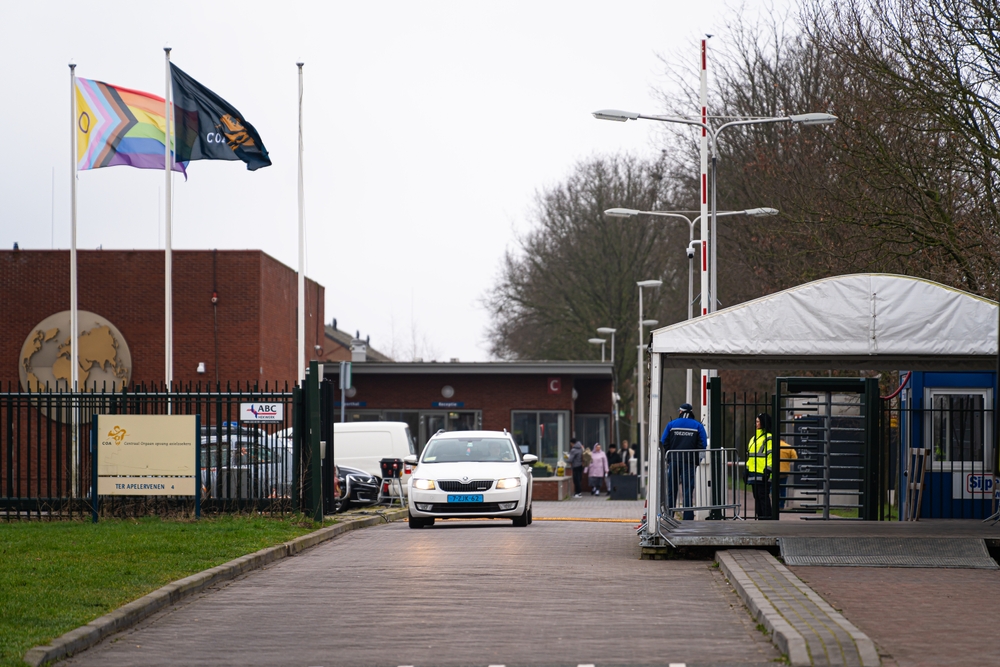In a striking contradiction to the promises of the new right-wing government to tighten migration policies, the number of work permits issued to asylum seekers in the Netherlands has quadrupled in less than a year.
Figures from the UWV Werkbedrijf (UWV) benefits agency reveal a dramatic increase in the integration of asylum seekers into the workforce, particularly in sectors like catering, cleaning, and temporary employment.
The surge follows a landmark ruling by the Council of State at the end of last year. Previously, asylum seekers were only permitted to work for a maximum of 24 weeks annually, but the court extended this to full-time work for those waiting over six months for a decision on their asylum applications.
The judgment has resulted in a jump from 1,840 work permits being issued in all of 2023 to 7,370 permits by October this year.
The legal change has seen asylum seekers fill gaps in the labor market, typically in low-wage, entry-level positions including cleaning, warehouse work, and production jobs.
“Asylum seekers are often very motivated. Working not only helps them integrate into Dutch society but also provides valuable experience if they are ultimately granted residency,” claimed Judith Duveen, UWV general director, speaking with De Telegraaf.
Temporary employment agencies and companies have reportedly established streamlined processes to hire asylum seekers.
Significant obstacles to employment include delays in acquiring a Citizen Service Number (BSN), required to work in the Netherlands, as well as logistical issues due to the frequent relocation of asylum seekers during the asylum process.
The Dutch newspaper reported how the government has acknowledged these challenges and has expressed its desire to reduce processing times for BSN numbers and eliminate bureaucratic backlogs.
The liberalization of employment rights for asylum seekers contrasts with remarks made by the Party for Freedom’s (PVV) Geert Wilders, the leader of the Dutch coalition government’s largest partner, who vowed to introduce the “strictest asylum policy” in Dutch history.
🇳🇱‼️ Leader of the Netherlands' largest party @GeertWildersPVV says the new government will enforce the "strictest asylum policy" the country has ever seen.
"There will be an asylum crisis law. There will be border control. There will be a ban on priority of social housing for… pic.twitter.com/B77wNq6QXj
— Remix News & Views (@RMXnews) May 16, 2024At a press conference in May following the agreement of a new four-party coalition dominated by the PVV, Wilders said: “A lot is going to change. There will be an asylum crisis law. There will be border controls. There will be a ban on the priority of social housing for status holders.”
“We will fight for an opt-out on asylum in the European Union. We will abolish indefinite asylum permits,” he added.
In October, the Dutch government agreed on new reforms for a more restrictive asylum policy, at least in principle. The plans included slashing the duration of asylum permits to a maximum of three years, restricting family unification laws, revoking the legal right to housing for asylum applicants, and making it easier to revoke residency for foreign criminals.






